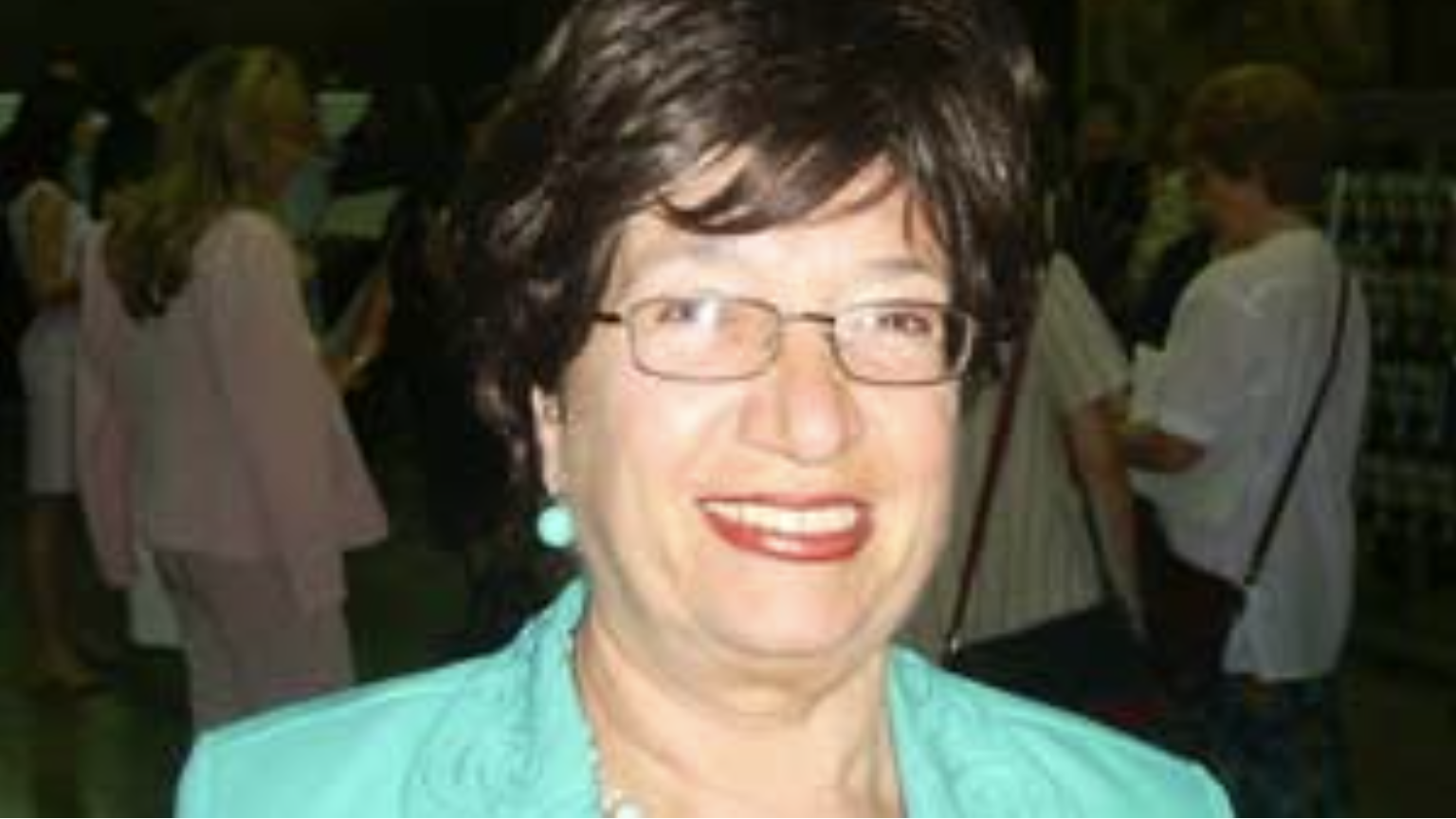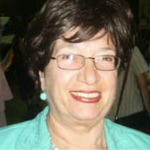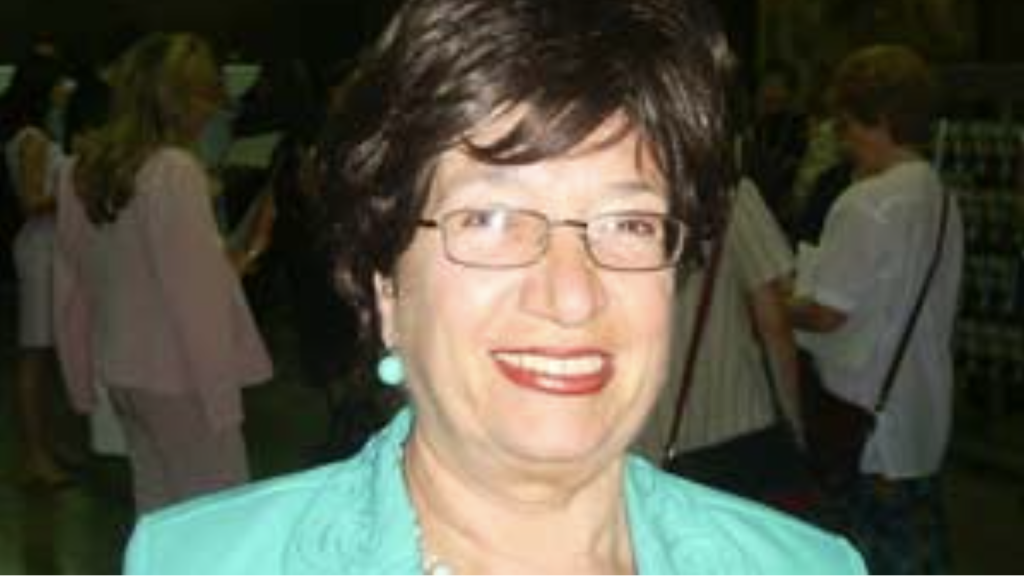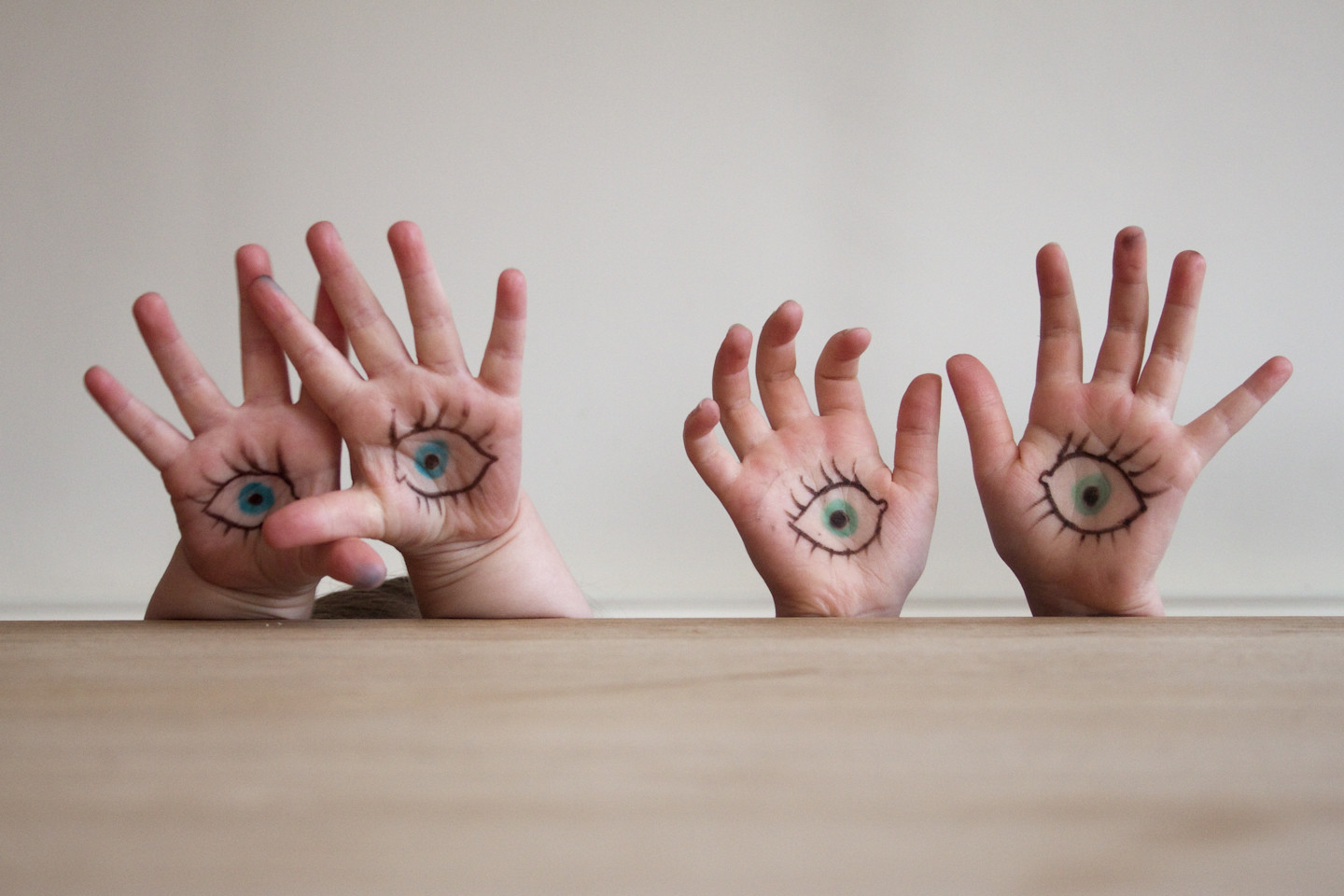Feminism with a smile
In memory of Nada Ler Sofronić, the feminist voice pivotal in supporting a unified vision of Bosnia-Herzegovina, drawing on valuable experiences as an intellectual, whose engagement was with the whole of Yugoslavia and beyond.


I know Žute dunje was one of them, but the rest of the songs have faded from memory leaving only a feeling of warmth and melancholy. Nada Ler had a beautiful, soulful voice, perfect for singing the traditional Bosnian sevdalinke her fellow feminist drugarice requested that night in a Budapest restaurant in October 1999. Nada was there as part of a group of feminists from the Yugoslav successor states, many of whom had been with her at that pivotal international feminist conference in Belgrade Drug-ca in 1978.
We had gathered for a meeting of the Women in Conflict Zones Network, which brought together academics and activists from Sri Lanka and the former Yugoslavia with academics from York University, Canada, and other institutions, all interested in the role of feminists in critiquing and engaging with armed conflict and its aftermath.See the volumes published from this network: W. Giles, M. de Alwis, E. Klein, N. Silva and M. Korac, eds. Feminists under fire: Exchanges across war zones, Between the lines, 2003; W. Giles and J. Hyndman, eds. Sites of violence: Gender and conflict zones, Univ of California Press, 2004. The meeting had been planned for the summer of 1999 in Sarajevo, following a previous gathering in Sri Lanka, but it had been moved to Budapest because of the NATO bombing of Serbia that spring. I was living in Bosnia at the time, conducting my PhD dissertation research on women’s activism and nationalism after the war. When those from Belgrade, Zagreb and elsewhere in former Yugoslavia joined Nada and Duška Andrić, another Bosnian feminist with a beautiful voice, in song, the emotional lament took on extra weight – mourning the losses of war and the destruction of the state they had once shared.
Nada’s thinking about the pre-war past of Bosnia-Herzegovina, or BiH, in feminist terms was key, even if, as she stressed, it didn’t make sense to consider BiH in isolation. It was all one country. She had moved in intellectually exciting circles in Yugoslavian cities, Italy and beyond; Yugoslavia was too restrictive – tijesno – for her nomadic spirit, she’d said. Early in my research, several people had told me that she was the only feminist in Bosnia before the war.
When I first met her, she was newly back from teaching Gender Studies at CEU, Budapest, (my future institution, unbeknownst to me at the time) and had just started working for the Soros Foundation on their gender programmes. After struggling to explain my research in ways that people would understand, talking to Nada was a huge relief. She knew the scholarly critiques I was working with and saw immediately where my questions about the relationship between gender and nation were coming from, why they mattered, what the stakes were. We had many long, animated talks, in which I tried to grasp what it had been like for her to be a feminist academic in Sarajevo before the war. She also posed me interview-like questions about what the other women activists I was talking to were saying, displaying her endless curiosity and energy.
Having lost her position at the university when she fled Sarajevo during the war, Nada threw herself into various kinds of NGO advocacy work in the late 1990s and 2000s, finally launching her own NGO that she named after the Yugoslav era feminist collective Žene i društvo (women and society). She addressed many activist gatherings with her clear and convincing critiques of power honed over years of writing and teaching in the socialist period but adapted to new circumstances and vocabularies. She liked to start from anthropology and the observation that gender had been the first basis of division of power in human society, long before the advent of capitalism and the existence of the proletariat. Power was always central to her point: she was careful to emphasize that feminism did not advocate ‘power over’ but a diminishing of power differentials.
Women activists made clear that Yugoslav feminism had not been well known in BiH before the war. Some of the older women had read feminist articles in the media, including Nada’s writings, but activism had happened far away in Belgrade, Zagreb or Ljubljana. Nada was proud that the students she taught had learned to think broadly and critically, but she had not been able to direct her teaching specifically at feminist approaches. It was therefore significant when in 2006 a group of young feminists involved in the Pitchwise festival, dedicated a panel to revisiting the famous 1978 Drug-ca meeting. Nada was of course one of the key original participants on the panel (along with Dunja Blažević and Vesna Pusić). She was noticeably proud of the black-and-white photograph of her from those days that graced the exhibit about the event. In it she was of course younger, but the tilt of her head and the intelligent smile were the same.

Nada Ler Sofronić (1941-2020). Image via Facebook
It was her smile she was known for, and she flashed it again as she told me how some Party comrades before the war had called her position ‘feminism with a smile’. She related how she had always stuck to academic language, critiquing Yugoslav society from within Marxism and thus probably allowing her to continue her work. Still, she was suspicious to the authorities. I had the feeling that she had had a cagey and savvy way of dealing with fellow Party comrades, especially after an encounter with an older man once when we were having coffee together at Sarajevo’s Skenderija complex. He passed by our table to tell Nada she was ‘still beautiful’, calling her his former lover (ljubavnica). Smiling, she corrected him: ‘love’ (ljubav). ‘Yes,’ he said, ‘it was only in my dreams.’ When he had gone, Nada told me with amusement how he had been sent once by the internal police during a tense political time in the early 1980s to find out whether this feminism was anything dangerous. She convinced him that she was still a devoted Marxist, but he also seemed to have fallen in love with her and brought her flowers on several occasions.
Her coy, flirty way of putting this man in his place while remaining admired by him fit well with the picture she had painted of how she and the other Yugoslav feminists had experienced their encounter with Western feminists during Drug-ca. Considering me too young to remember, she described in vivid detail the hippy, natural styles of the foreign feminists who showed up with hairy armpits, unbrushed hair and no bras. This was shocking enough for the Yugoslav women, but the most disconcerting was the foreigners’ insistence on all-female spaces. Nada and her comrades did not want to exclude men. They had several good allies and had no vision of crafting a feminist society without men. (She did not mention how lesbians or others in the group felt, and I sensed the outlines of some classic divisions among feminists, but this was not part of her narrative.)
Post-war Sarajevo was in many ways not Nada’s element. She chafed under the new expectations of ethno-national loyalties and identity markers, particularly as an atheist of Jewish origin who did not fit into any of the dominant groups. Her Women and Society organization did not survive the donor game for long and she began to spend more time on the Croatian coast where she was to retire. I feel lucky to have had the chance to hear Nada’s stories and engage in discussions with her during a period of stark contrast to the era in which she had established herself. Her critiques always brought out her academic, feminist and Marxist critical sensibilities, and they were always accompanied by that big smile of a warm and kind soul.












